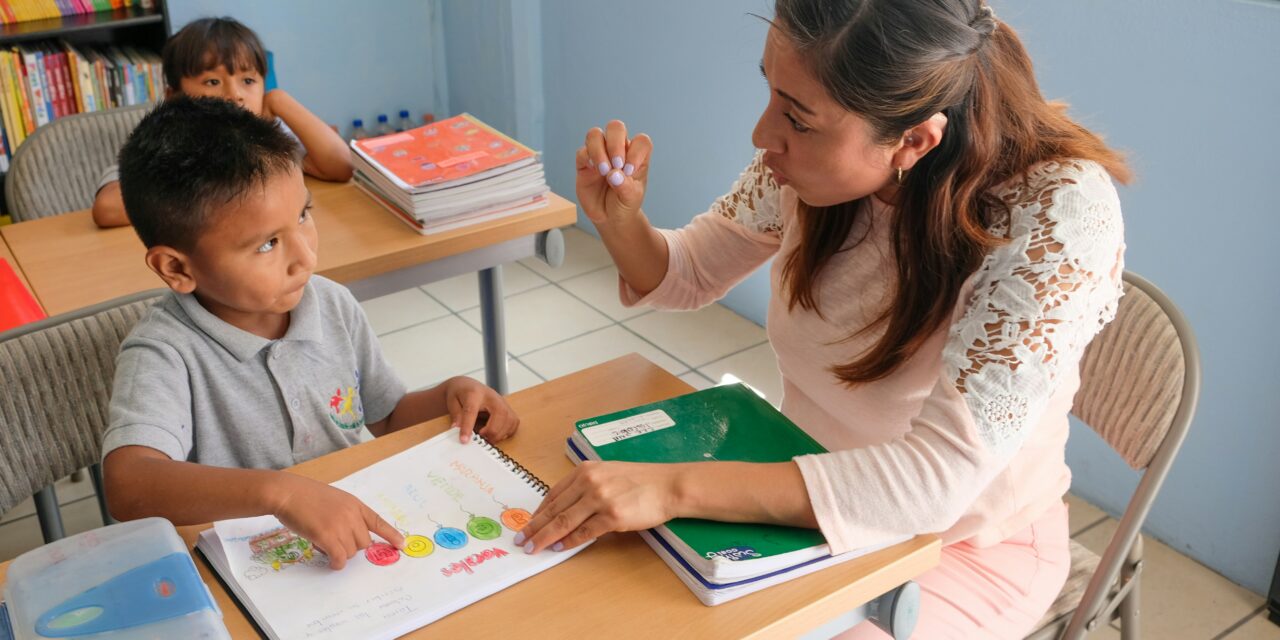The Trump Administration’s proposed budget for Fiscal Year 2026 sends a troubling signal to educators and families across the country. It calls for deep cuts—or outright eliminations—of several federal programs that support teacher training, diversity, and development. The list includes the Teacher Quality Partnership (TQP), the Augustus F. Hawkins Centers of Excellence, Title II-A, and the IDEA Part D Personnel Preparation program. These aren’t just line items on a spreadsheet. They are lifelines for public education systems already stretched thin, particularly in states like Maryland.
These programs do the work that truly matters. They prepare the next generation of educators: classroom teachers, teaching aides, and special education professionals who reflect the diversity of the students they serve. The proposed cuts would have real and lasting consequences in Maryland, where state leaders are working to close teacher shortages and fulfill the promise of the Blueprint for Maryland’s Future.
The Blueprint is a bold, statewide commitment to build a stronger, more equitable public education system—one grounded in the idea that every student deserves a highly skilled, well-supported, and culturally responsive educator. But that vision doesn’t stand on ideals alone. It relies on federal investments that have helped seed and sustain the very programs now facing elimination. Without that support, the foundation begins to crack—and the students who most need change are left waiting.
The stakes couldn’t be higher. Across the country, schools are running out of time—and teachers. Right now, more than 400,000 nationwide classrooms are staffed by uncertified or underprepared educators. That’s not just a staffing crisis; it’s a warning sign of a deeper failure to recruit, train, and retain a stable, qualified workforce. Maryland mirrors this crisis—especially in special education, STEM, and bilingual education classrooms.While 68% of Maryland’s public school students identify as Black, Latino, Asian American, Native American, or multiracial, only 32% of teachers come from those same communities.That mismatch matters. It shapes how students are taught, supported, and understood.
The Blueprint for Maryland’s Future was built to address these gaps, with a focus on growing a workforce that is not only larger but also more diverse, better prepared, and deeply rooted in the communities it serves. The “Grow Your Own” model recruits high school students and paraprofessionals to become teachers. Statewide residency pilots mirror the best of the federal TQP model. HBCUs and MSIs are getting targeted investments. A new career ladder ties compensation to leadership and performance. But without federal dollars, this progress can’t be sustained.
Federal education funding isn’t abstract—it shapes who stands at the front of the classroom. The Teacher Quality Partnership, or TQP, is one of the most effective tools we have for addressing Maryland’s educator shortage. It funds yearlong teacher residencies that offer aspiring educators real classroom experience, strong mentorship, and deep collaboration between universities and local school districts.
In Maryland, this isn’t theory—it’s already happening. Towson University and the University of Maryland Eastern Shore, have used TQP funding to build teacher residency partnerships. Another critical program under threat is the Augustus F. Hawkins Centers of Excellence Program, which invests in capacity-building at Historically Black Colleges and Universities (HBCUs) and Minority Serving Institutions—including Bowie State, Morgan State, and Coppin State—that prepare the next generation of diverse educators. These schools are doing the work, building capacity and quality where it matters most. Meanwhile, IDEA-D funds the training of special educators and related service personnel, a lifeline in a state grappling with major shortages. Title II-A supports ongoing professional development, from mentorship to leadership training—tools teachers rely on to stay in the classroom and succeed.
But here’s the reality: Every one of these pieces is linked to federal funding now on the chopping block. Without TQP, Hawkins, Title II-A, and IDEA-D, the foundation of Maryland’s Blueprint begins to crack—and the state’s vision for education equity is placed squarely at risk.
Congress needs to act—and Maryland’s delegation must lead the charge. Senators Alsobrooks and Van Hollen, alongside House members, should reject cuts to TQP, Hawkins, IDEA-D, and Title II-A. These programs require not only protection but also expansion: $150 million for TQP, $30 million for Hawkins, and at least $300 million each for Title II-A and IDEA-D would be a meaningful start.
More importantly, Maryland shouldn’t wait on Congress alone. State leaders should double down—investing in teacher residencies, expanding Grow Your Own programs in every region, and fully funding professional development systems that don’t vanish with the next federal budget. They must also focus on where the need is most urgent: rural schools, special education, bilingual classrooms, and districts where certified educators are hardest to find. And finally, Maryland’s HBCUs and MSIs, which are essential to this work, deserve the long-term support they need to produce tomorrow’s educators and continue to reinforce the Blueprint’s backbone.
This call to action goes beyond budget lines. It’s about whether students—especially those in rural communities, students with disabilities, and children in bilingual households—have educators who reflect their lives, understand their challenges, and are equipped to help them thrive.
Maryland has the blueprint. It has the will. Now, it’s up to our congressional delegation and state leaders to rise to the moment—because our children can’t afford for us to fall short. Their future, and the future of our classrooms, depends on it.






Recent Comments